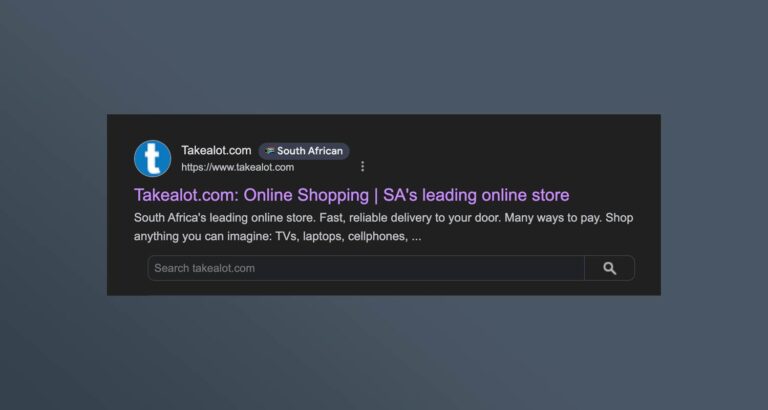Smartphones: The Luxury Tax Trap That’s Keeping Africa Behind
As the world moves further into the digital age, the importance of smartphones in bridging the economic gap cannot be overstated. But what’s holding Africa back? It’s not just the lack of infrastructure, but also the crippling luxury taxes imposed on these devices.
The Stranglehold of Ad Valorem Taxes
The South African Revenue Service (Sars) has been milking the cellphone industry for billions of rand in ad valorem taxes, a staggering 9% of the device’s value, plus 15% VAT. For a citizen aiming for the cheapest 4G phone available in South Africa today, this means the price could be reduced from R1 000 to as little as R600, making it significantly more affordable. But will the government listen?
The Industry’s Plea for Mercy
Industry lobby group the Association of Comms & Technology, representing the country’s six largest telecommunications operators, has been begging the government to reconsider these taxes. Even the planned meeting between Communications Minister Solly Malatsi and Finance Minister Enoch Godongwana may not be enough to break the deadlock.
The Cost of Exclusion
The consequences of not making smartphones more affordable are dire. The South African economy is already struggling to stay afloat, and the exclusion of significant portions of the population from the digital economy is only exacerbating the problem. It’s time for the government to take a closer look at the impact of these taxes and make a change.
The Bottom Line
The ad valorem tax on cellphones is a luxury that South Africa can no longer afford. It’s time for the government to listen to the pleas of the industry and the people and take action to make smartphones more accessible. The future of Africa’s digital economy depends on it.











